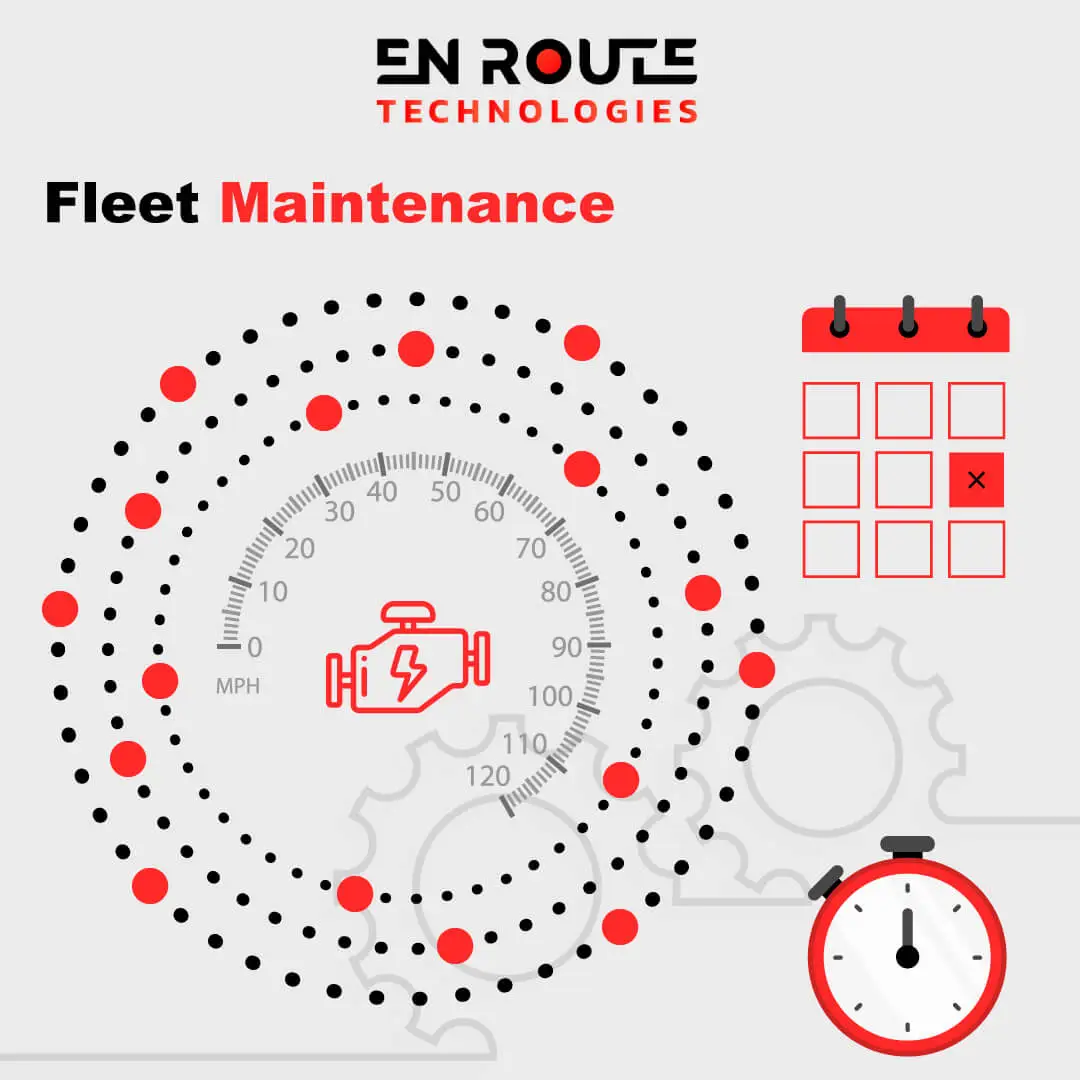Fleet Maintenance Module : The Key to Efficient Fleet Operations

Fleet Maintenance Module Managing a fleet is not an easy task. Vehicles require constant monitoring, timely servicing, and preventive care. Without a proper system, businesses face higher costs, increased downtime, and reduced productivity. This is where the Fleet Maintenance Module becomes essential. It provides businesses with an organized way to monitor vehicle health, schedule repairs, and control expenses.
In this blog, we will explore theimportance, features, and benefits of a Fleet Maintenance for modern businesses.
What is a Fleet Maintenance Module?
A Fleet Maintenance Module is a specialized software feature within fleet management system. It allows companies to schedule and track vehicle maintenance efficiently.
Unlike traditional methods, this digital solution provides reminders, generates reports, and ensures compliance with industry regulations. Consequently, businesses reduce downtime and extend the life of their vehicles.
Why Fleet Maintenance is Important for Businesses
Fleet vehicles are among the most valuable assets of any transport or logistics company. Therefore, keeping them in top condition is critical.
Without a structured maintenance system, companies face:
-
Frequent breakdowns.
-
High repair costs.
-
Poor fuel efficiency.
-
Lower vehicle resale value.
-
Reduced driver safety.
Moreover, downtime caused by poor maintenance leads to missed deliveries and dissatisfied customers. A Fleet Maintenance Module helps prevent these issues through proactive monitoring.
Key Features of a Fleet Maintenance Module
Real-Time Maintenance Scheduling
The system allows businesses to schedule servicing in advance. As a result, vehicles remain roadworthy and downtime is minimized with gps tracking software.
Automated Alerts and Reminders
In addition, the Fleet Maintenance Module provides automatic notifications for oil changes, tire rotations, inspections, or warranty expirations.
Comprehensive Reporting
Reports provide data on service history, repair costs, and recurring issues. Consequently, fleet managers gain better insights to make informed decisions.
Integration with GPS Tracking
Many systems integrate with GPS devices. Therefore, managers can monitor driving behavior and detect patterns that cause higher maintenance needs.
Cost Tracking
The Fleet Maintenance keeps detailed records of all expenses. This ensures full transparency and highlights opportunities to reduce costs.
Benefits of Using a Fleet Maintenance Module
Lower Maintenance Costs
Regular servicing prevents expensive breakdowns. Moreover, the system detects small issues early, saving businesses from costly repairs.
Improved Vehicle Safety
Well-maintained vehicles reduce accidents. Therefore, drivers remain safe, and businesses avoid potential legal or insurance claims.
Increased Vehicle Lifespan
In addition, vehicles that receive regular servicing last longer. This allows businesses to get maximum returns from their investments.
Higher Productivity
Less downtime means vehicles spend more time on the road.Consequently, operations run smoothly, and customer satisfaction improves.
Compliance with Regulations
Transport authorities often require detailed maintenance records. The Fleet Maintenance Module simplifies compliance by keeping digital reports readily available.
How the Fleet Maintenance Module Supports Fleet Managers
Fleet managers often juggle multiple responsibilities. From driver management to scheduling, their workload is heavy. The reduces this burden.
-
It automates repetitive tasks.
-
Provides instant alerts for urgent issues.
-
Keeps data centralized and easy to access.
-
Helps managers allocate resources efficiently.
Therefore, managers can focus on strategic decisions instead of routine paperwork.
Fleet Maintenance Module and Cost Efficiency
Cost efficiency is one of the strongest advantages of this system. Businesses spend a significant portion of their budget on repairs and fuel. By using Fleet Maintenance, these expenses decrease.
For example:
-
Preventive maintenance lowers repair costs.
-
Optimized schedules reduce fuel consumption.
-
Early detection prevents catastrophic engine failures.
As a result, companies save money and reinvest in business growth.
Fleet Maintenance Module in the Transport Industry
The transport and logistics industry is highly competitive.In addition, clients demand timely deliveries and safe cargo handling.
A breakdown in the middle of a route can damage both reputation and revenue. By adopting a companies gain reliability. Vehicles stay operational, routes remain uninterrupted, and customer trust grows.
Future of Fleet Maintenance
Technology continues to evolve.Moreover, future will use AI and IoT sensors to predict issues before they occur.
Predictive maintenance will replace reactive servicing. Consequently, businesses will achieve even greater savings and higher safety standards.
Conclusion
The Fleet Maintenance is no longer optional; it is a necessity. It ensures lower costs, improved safety, and enhanced efficiency.
By adopting this solution, businesses protect their assets and increase profitability. Therefore, companies aiming for long-term growth must integrate into their fleet operations.



